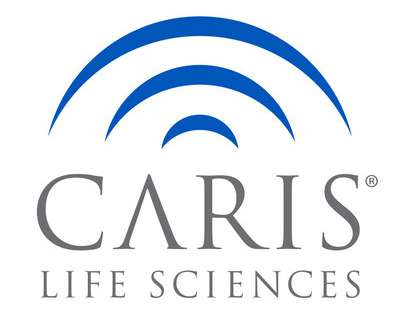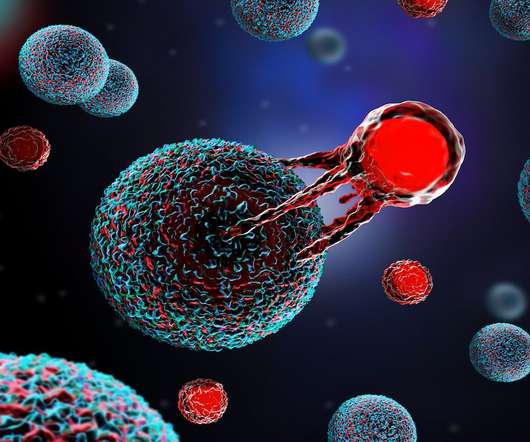Winship Cancer Institute of Emory University Joins Caris’ Precision Oncology Alliance
The Pharma Data
OCTOBER 19, 2020
By leveraging the comprehensive genomic, transcriptomic and proteomic profiling available through the Caris Molecular Intelligence® platform, physicians from Winship will be able to further prioritize therapeutic options and determine which clinical trial opportunities may benefit their patients.













Let's personalize your content